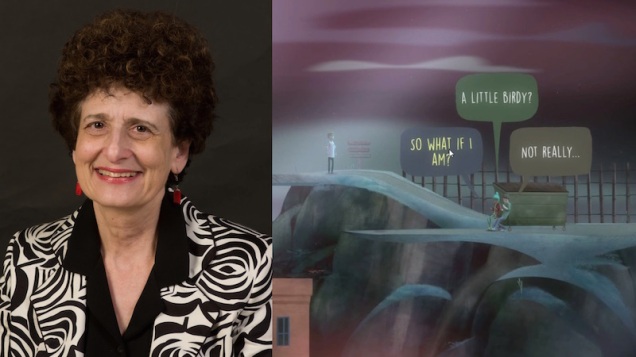
Ian here—
Well, it’s that time of the semester. Grades for the School of the Art Institute of Chicago’s Spring 2017 semester were due Sunday, so it seems that it’s time to offer up a postmortem.
Last time around, I opted to do a postmortem on “Comedy and the Moving Image,” as I felt that it was my most successful course of the Fall 2016 semester. This time, I’m choosing to go with “Frames, Claims, and Videogames.” It must be said that this was not my most successful course of the Spring 2017 semester. That honor would go to “Avant-Garde Film and Video Art“—a fact that is of little surprise, given that it’s now the third time I have taught that class. “Frames, Claims, and Videogames,” by contrast, was a learning experience. It was the first time I’ve helmed a course solely focused on games, without any dependence on a cinema studies context, and it wasn’t taught under ideal circumstances. (As I have mentioned before, it was a late addition to the course roster, which meant that my students didn’t have a very good heads-up about what the course’s material would actually be before they set foot in the classroom.) One could say that it was a trial-by-fire situation, of sorts.
And, in this sense, it was quite effective. To start things off, here are four different lessons I learned over the course of the class:






